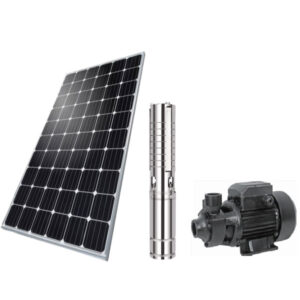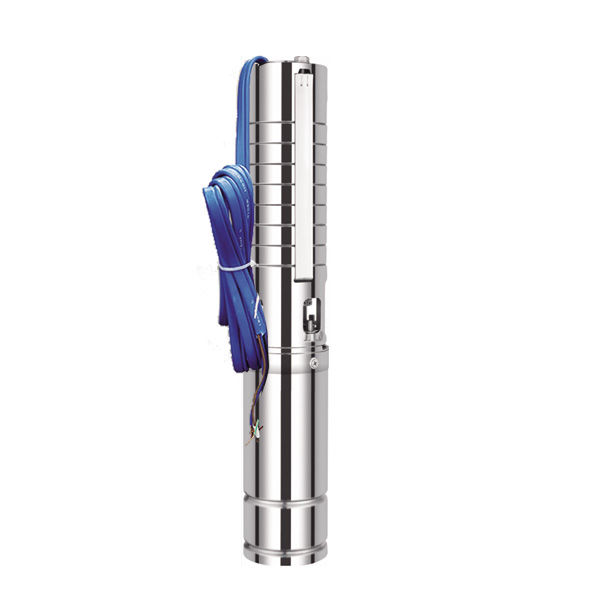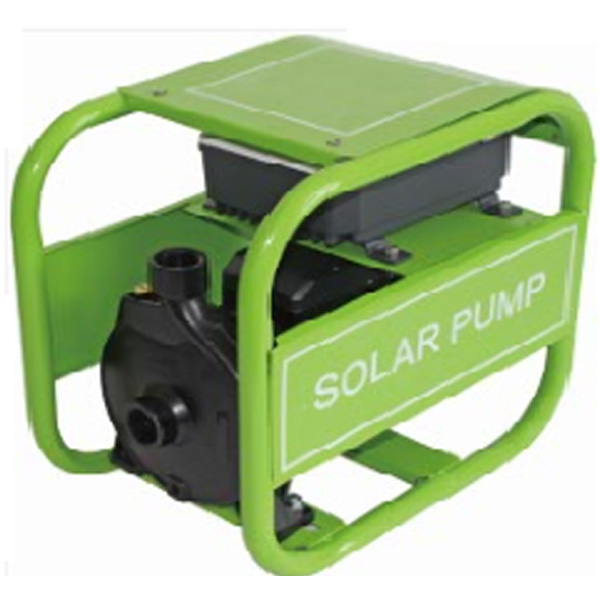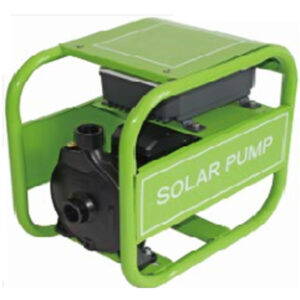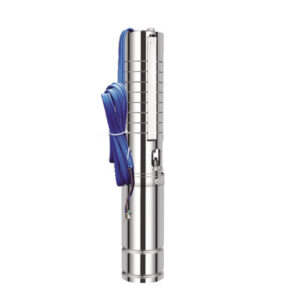Our Products
Solar water pump systems are widely used in various applications, including agricultural irrigation, livestock watering, community water supply, and domestic water pumping.
System Structure Drawing
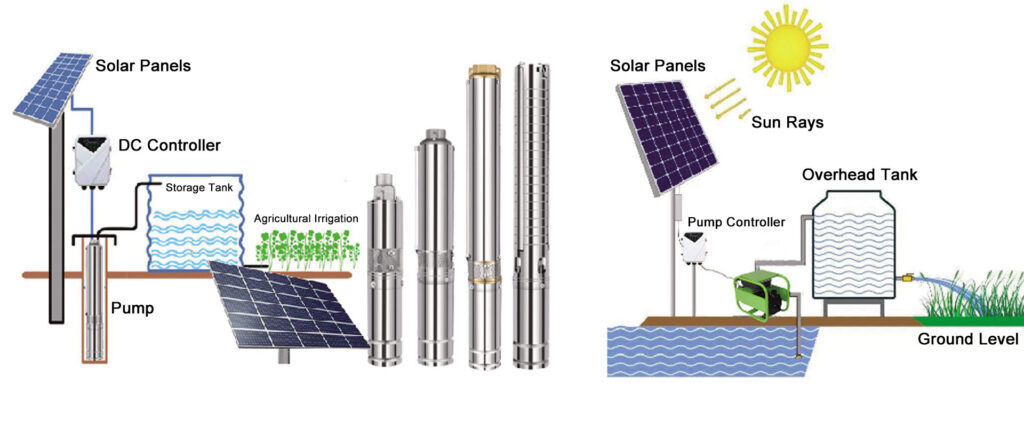
Here’s how a typical solar water pump system works:
- Solar panels: The system starts with solar panels, which capture sunlight and convert it into electricity. These panels are usually installed in a location that receives maximum sunlight exposure throughout the day.
- Controller: The electricity generated by the solar panels is then passed through a controller. The controller regulates the flow of electricity and ensures that the pump receives the right amount of power.
- Pump: The pump is responsible for drawing water from a source, such as a well or a water reservoir, and delivering it to the desired location. Solar-powered pumps are specifically designed to be efficient and use the electricity provided by the solar panels.
- Storage tank (optional): In some cases, a solar water pump system may include a storage tank. This allows water to be stored for later use, especially during periods of low sunlight or high demand.
Wiring Diagram
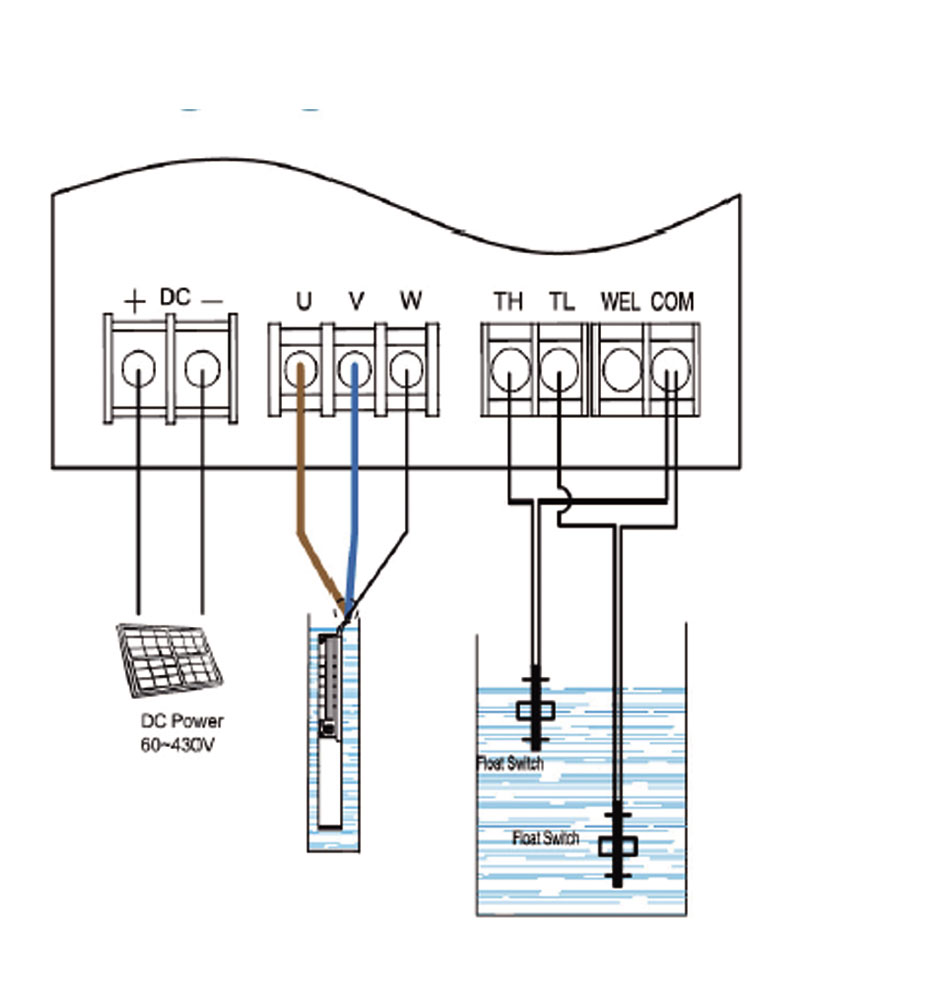
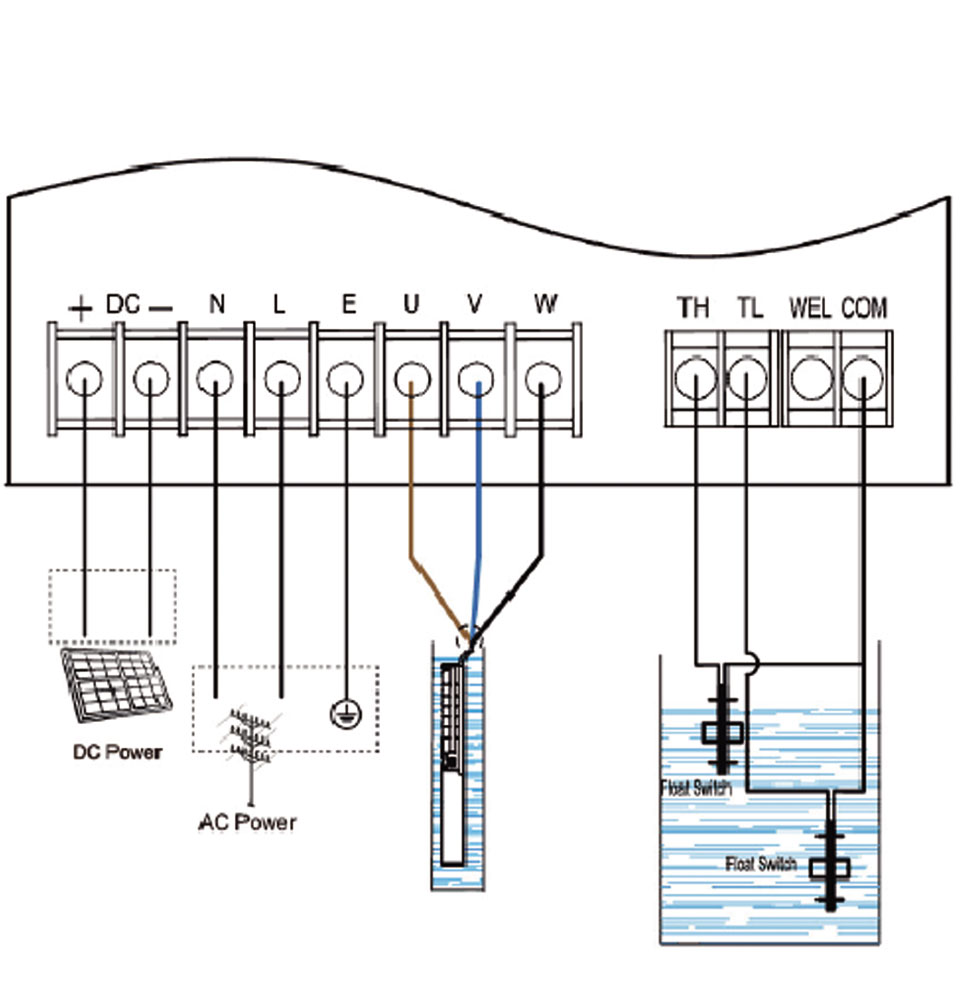
Benefits of a solar water pump system:
- Renewable energy: Solar power is a clean and renewable energy source. Using a solar water pump system reduces dependence on fossil fuels and lowers carbon emissions.
- Cost savings: Once installed, solar water pump systems require minimal operational costs since sunlight is free. It helps save on electricity bills and reduces the maintenance costs associated with traditional fuel-powered pumps.
- Remote and off-grid capabilities: Solar water pump systems are particularly useful in remote areas or locations without access to the electrical grid. They can operate independently, providing a reliable water supply even in off-grid locations.
- Longevity and low maintenance: Solar water pump systems are known for their durability. With fewer mechanical parts and no fuel requirements, they tend to have a longer lifespan and require less maintenance compared to conventional pumps.
- Water conservation: Solar water pump systems can be designed to optimize water usage. By using efficient pumps and implementing smart irrigation techniques, water wastage can be minimized, resulting in more sustainable water management.

